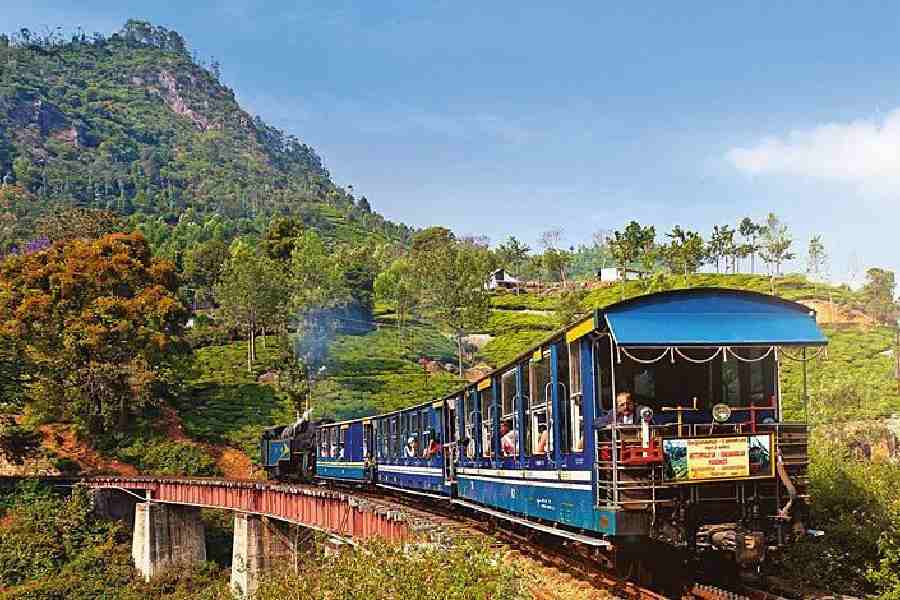Dhaka, Sept. 8: The Bangladesh foreign secretary today told the media that there was no room for any changes to the draft of the Teesta treaty, which had been prepared before Manmohan Singh’s visit.
He added that the Teesta and Feni water-sharing accords would be signed in the next three months.
“There is no room for changes to the previous text,” Mijarul Quayes said when asked if the draft could be changed to accommodate Mamata Banerjee’s concerns.
Asked to explain why the Teesta deal could not be signed, Quayes, for the first time over the last two days, blamed India.
“The answer is very simple. India informed us that it was no longer prepared to make the deal. If a country backs away from an agreement due to some unanticipated development, then that country has to shoulder the responsibility,” he said.
But he added: “Non-fulfilment of a particular expectation does not necessarily mean failure of the visit when it has yielded so many positive results in other areas.”
It was Quayes who had conveyed to Delhi through the Indian high commissioner in Dhaka that the transit deal would be out of the equation if Teesta accord wasn’t signed.
Today, he said: “Prime Minister Sheikh Hasina is expecting to strike the water-sharing deal in three months.”
Quayes dismissed allegations that Singh’s visit had yielded little or no result, arguing that a single disappointment could not outweigh the successes in other areas.
He urged the media to look at the positives: the solution to border problems, promotion of human rights for enclave residents in Dahagram and Angarpota, duty-free and quota-free access for 46 Bangladeshi items, and release of a $760-million line of credit.
“Our relationship with India has taken a new shape and it would be improved further as fraternity continues from both sides,” he said.
He added that Bangladesh and India had resolved many long-standing problems through the two Prime Ministers’ visits to each other’s countries.
Quayes also cleared certain doubts the media had over the execution of the 1974 Land Boundary Agreement.
“We will exchange enclaves, adversely possessed lands and others at the same time. It is unlikely that one thing would be handed over while the others would not be,” he said.
“Steps are under way to provide immigration facilities at all land ports to increase people-to-people contact,” he added, saying a committee was looking into the matter..










